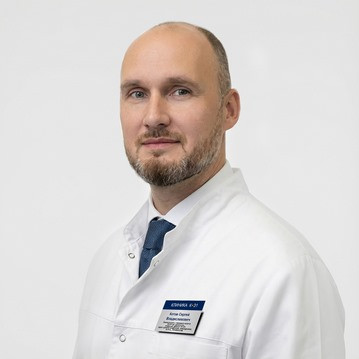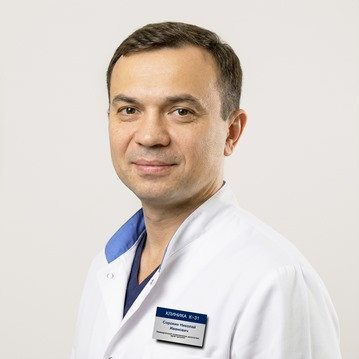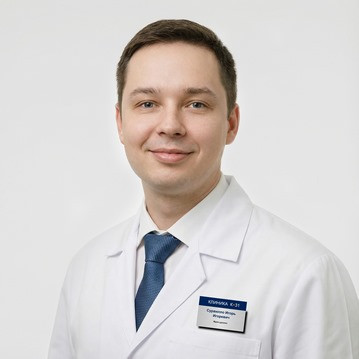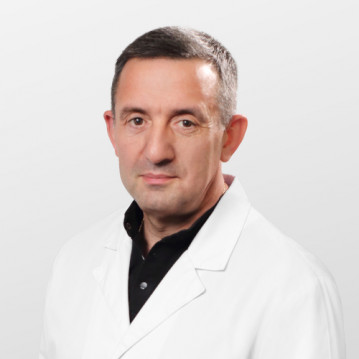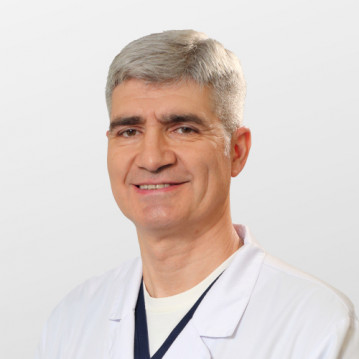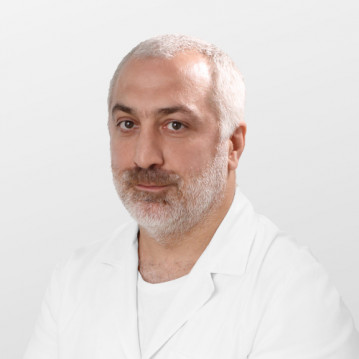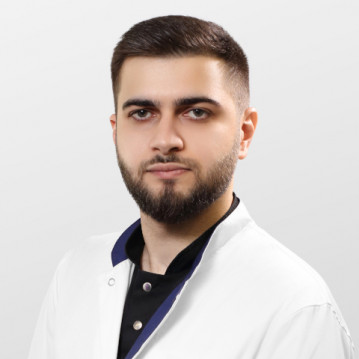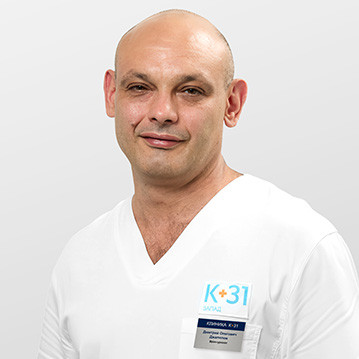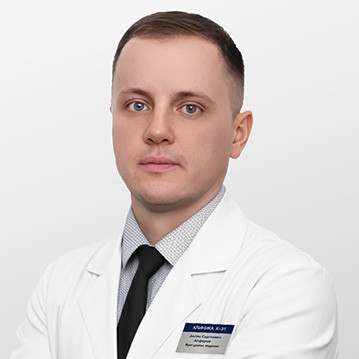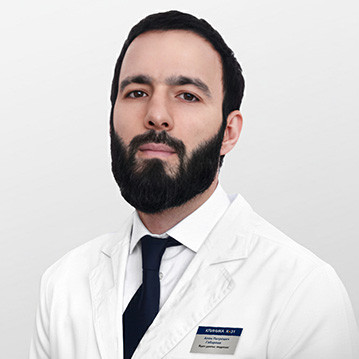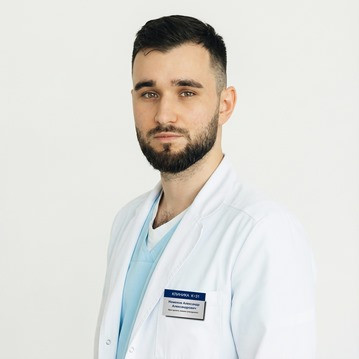Therapies
The following methods of exposure are used in urology:
- magnetotherapy - due to the influence of a magnetic field, the movement of potassium and sodium ions changes, blood vessels expand, excess fluid flows out and edema is eliminated;
- low-frequency laser irradiation - has a local effect on the inflammation focus, sanitizing it;
- intravenous laser blood irradiation or ILBI - enhances immunity in inflammatory diseases;
- amplipulse therapy - reduces pain, inflammation, improves blood flow in case of prostatitis, urolithiasis;
- UHF - the use of a high-frequency electromagnetic field, recommended for endocrine infertility, impotence, to normalize sexual function;
- high-frequency magnetotherapy or inductothermy - a magnetic field of high or very high frequency is used, which accelerates blood circulation, improves gas exchange and cell nutrition;
- electrophoresis - delivers drugs directly to the problem area, the most common indication is chronic prostatitis;
- electrical stimulation - short impulse currents activate the nerves, causing muscle contraction;
- dorsonvalization - the patient is exposed to currents of high frequency, but low strength, this improves the functioning of the nervous system, blood vessels.
The most commonly prescribed procedures are based on the influence of a laser, magnetic and electromagnetic fields. Their effectiveness is beyond doubt, their use is prescribed in the standards and protocols for the treatment of urological patients.
Only a physiotherapist in collaboration with a urologist can determine the optimal methods of physiotherapy that are suitable for a particular patient. The specialists of our clinic will choose the correct treatment option and help you recover faster.
Indications for physiotherapy
The range of treatment options is wide. The main diseases and conditions for the use of physiotherapy:
- urethritis, cystitis;
- sexual dysfunction;
- enuresis;
- balanoposthitis;
- overactive bladder;
- urinary incontinence;
- urolithiasis disease;
- acute or chronic prostatitis;
- cortical, spinal infertility.
Before prescribing treatment, the doctors of our clinic will conduct a comprehensive and thorough examination for the presence of contraindications to the use of physiotherapy techniques.
Contraindications
The devices affect the blood flow and tissue functioning, therefore, physiotherapy treatment is not prescribed if the patient has cancer. With prostate adenoma, the doctor decides on the appropriateness of the effect.
Other contraindications:
- active tuberculosis;
- failure of the heart;
- thyrotoxicosis;
- early postoperative period;
- suffered a stroke or heart attack less than six months ago;
- open wounds, fungal lesions at the sites of exposure;
- decompensation of diabetes mellitus, bronchial asthma or arterial hypertension;
- liver or kidney pathology, accompanied by severe impairment of their function;
- SARS, colds, tonsillitis and other acute infectious or viral diseases (you need to wait for recovery).
The use of physiotherapeutic methods of influence complements drug treatment, which speeds up the time required for recovery, and also saves material costs for drugs. Our clinic employs competent specialists who successfully use an integrated approach to problems, helping to maintain health.
